Best foods for the breastfeeding mother

Upon having a baby, many women will want or at least consider breastfeeding their baby. Along with the countless benefits of breastfeeding, it is also generally seen as a convenient and cost effective way to nourish your baby’s growth. Also, breastfeeding plays a very important role in forging a strong bond between mother and baby.
We are often told how breastfeeding is incredibly beneficial for babies; From strengthening a baby’s immune system to lowering the likelihood of SIDS, if you can breastfeed it is truly worth it. For some mums this will be easy task and they will take to breastfeeding like a duck to water. For some it will be a harder road, and for others, they will find breastfeeding an overwhelming and seemingly impossible journey.
There are a few things that can help create a smoother breastfeeding experience for both mum and baby. Firstly, ensuring that baby is latched to the breast correctly. An incorrect latch can not only be painful for mum, but can cause serious damage to the nipple and hinder baby’s ability to feed. It is important to remember breastfeeding should not be painful, it may be uncomfortable at the start as you both adapt and learn the procedure, but if it is painful or your nipples are cracked or bleeding, it is best to speak to a lactation consultant who will be able to assist you and help correct your technique if needed.
Secondly, make sure you are drinking plenty of water. Breastfeeding can make you incredibly thirsty and it is good practice to always grab yourself a glass of water when sitting down to feed your baby.
If you are unsure of drinking enough water the colour of your urine can give you a good indication. You are aiming for a pale yellow. If your urine is a bright golden colour, you should consider increasing your water intake.
Thirdly, increasing your daily kilo Joules! A lot of new mum’s struggle with finding the time to eat during the day while caring for a newborn but it is incredibly important you are nourishing your body to ensure your milk supply is plentiful.
Foods to eat during breastfeeding
It is estimated you need to increase your daily kilojoule consumption by around 2000 kj (or 500 calories). It is also important you avoid a strict, restrictive diet when breastfeeding as this could diminish your milk supply. If you are worried about your supply there are some foods you can eat that may help improving your supply:
1. Oats
Not only can oats be a healthy, filling choice for a new mum’s breakfast, it is a great source of iron which helps give mum energy and also helps to lower blood cholesterol levels. It is also a comfort food, choosing warm filling porridge for breakfast may lead to a release of oxytocin (a chemical released when you are relaxed). This oxytocin can help to stimulate milk production.
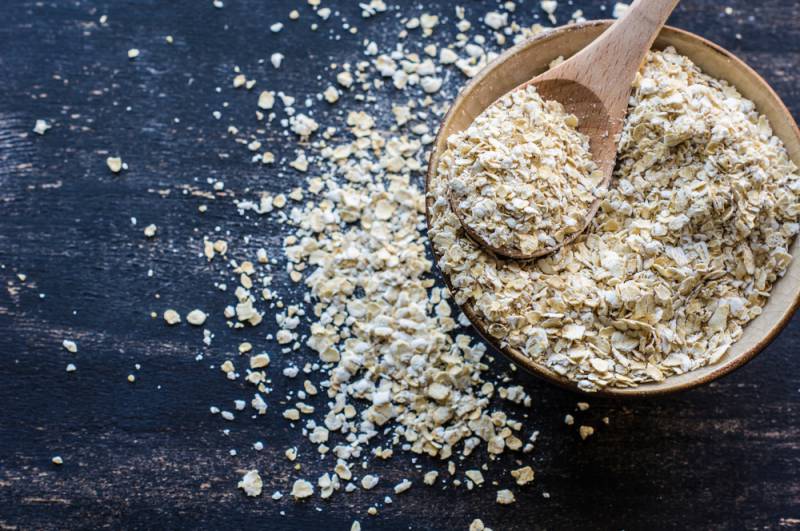
2. Fenugreek
Fenugreek is a herb that can be used in cooking or you can take a tablet. You can also get is in a tea form. Tablets can be found commonly at most pharmacies. Fenugreek contains phytoestrogens, a substance found in plants, which closely imitates oestrogen, this is believed to boost milk supply when taken regularly.
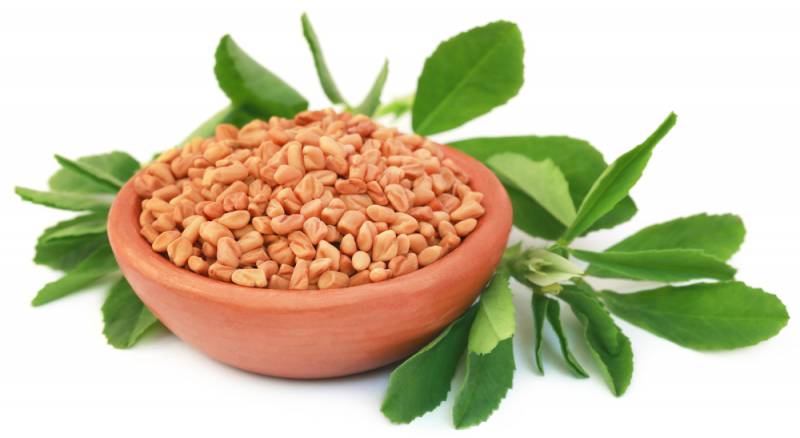
3. Spinach
Spinach is bursting with great essential vitamins and minerals. Iron, Vitamins K & A, calcium and iron can all be found in spinach. It is also a terrific source of folate which is important (and advised) for both new mums and pregnant women alike. 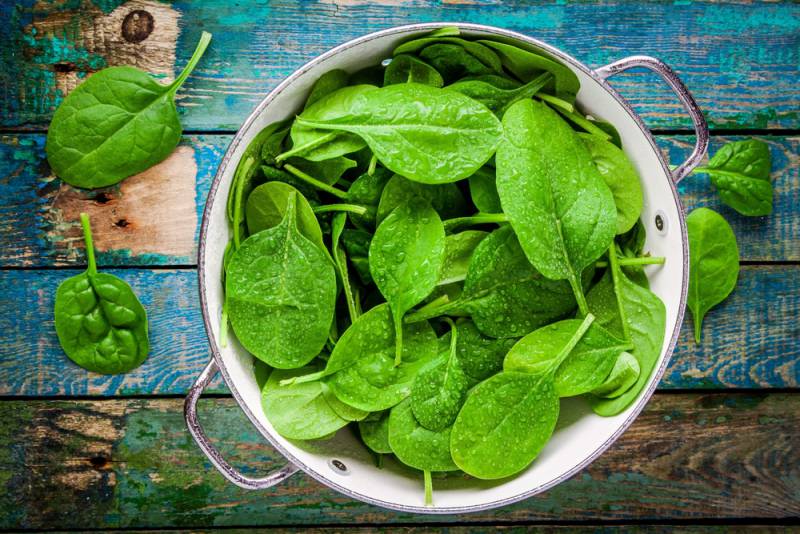
4. Brewers yeast
Brewers yeast (which is different to bakers yeast) is often thought to boost milk supply, generally women will add this to a recipe (commonly Lactation cookies). Brewers yeast is high in protein, iron and B Vitamins which boost mood and energy levels which can help support a mother’s milk supply.
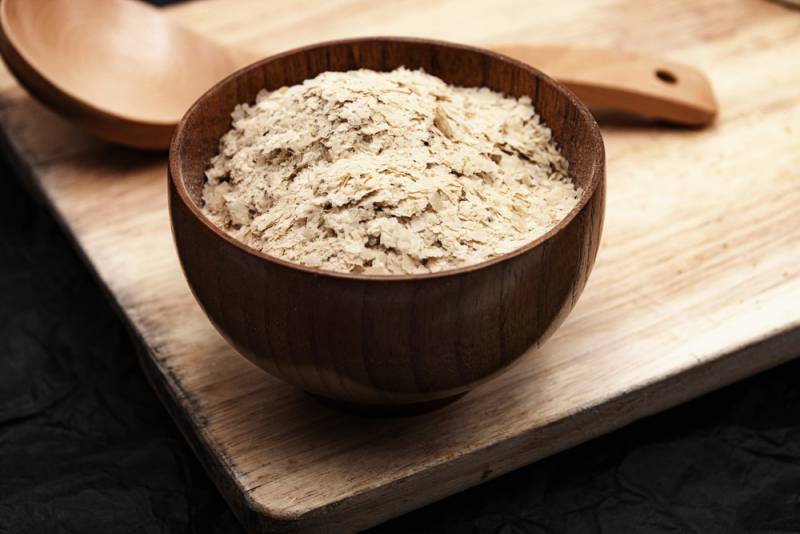
5. Apricots
As well as being delicious, apricots contain a heap of great vitamins and minerals such as Vitamins A & C and are high in dietary fibre. Apricots can also help to produce a chemical known as prolactin – prolactin is secreted by the pituitary gland and is what signals your body to start producing milk after baby is born.
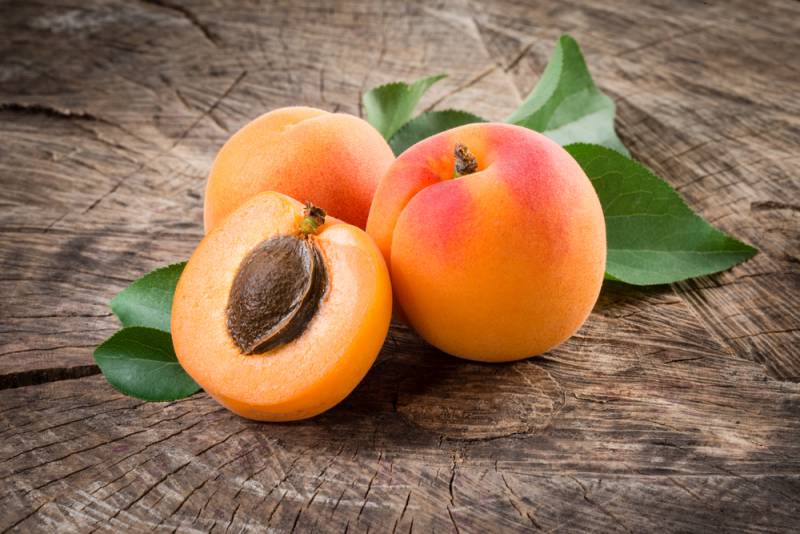
6. Lactation cookies
These can be great for women who want to try and boost their supply very quickly. Lactation cookies can be purchased or homemade but generally contain a mixture of lactogenic foods. This can increase your chances of a positive result as you are not having to try one milk-boosting-food at a time.
Foods to avoid during breastfeeding
There are also things you should avoid while breastfeeding, a few to be aware of are:
Decongestants
it is advised to avoid decongestant medications while breastfeeding. Generally taken to dry up a cold, it is not uncommon to find they also dry up breastmilk.
Strong painkillers
some strong pain killers (for example codeine) can cause sedation and drowsiness in babies.
Caffeine
It is advised to limit caffeine while pregnant and if you are breastfeeding you should continue to keep to a low limit. Young babies (especially newborns) can be quite sensitive to caffeine as it takes their bodies so long to process.
Dairy
Many mothers report dairy makes their babies gassy, this could be a sign of a dairy intolerance however you should always speak to a health care professional before eliminating anything from your diet.
Alcohol
This one may be rather obvious but if you are breastfeeding your baby unless you are willing to plan ahead. According the Australian Breastfeeding Association, alcohol will be in your breastmilk within an hour of having an alcoholic beverage and it takes on average, 2 hours for 1 standard drink to leave you system. So if you have 2 standard drinks you will not be able to breastfeed for approximately 4 hours. If you do not wish to risk it, expressing milk ahead of time could be a good solution.
Breastfeeding can be a wonderful experience for both mother and baby; and with the correct information and support you can successfully breastfeed for years. It is important to not put pressure on yourself, breastfeeding is a learned skill and you should both be given time to absorb and adjust. It is not uncommon for women to struggle with breastfeeding for at least the first 4 weeks but if you have patience and are willing to persevere, there is a long list of benefits for the both of you.
You May Also Like
Most Viewed
-
5 Common Methods of Contraception
Last updated On by Percy Oad -
How to Cope with Male Infertility
Last updated On by Alina -
What is the Difference Between Primary and Secondary Infertility?
Last updated On by Madison -
How to start a child-free life after infertility
Last updated On by Jacinta








